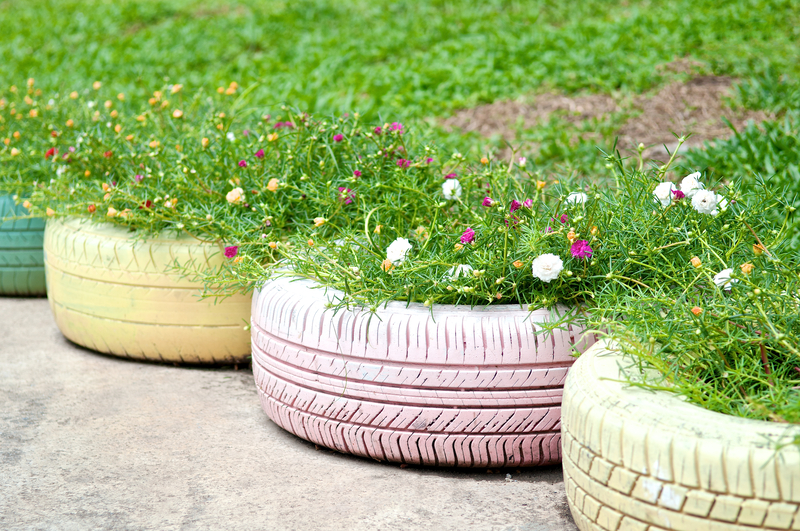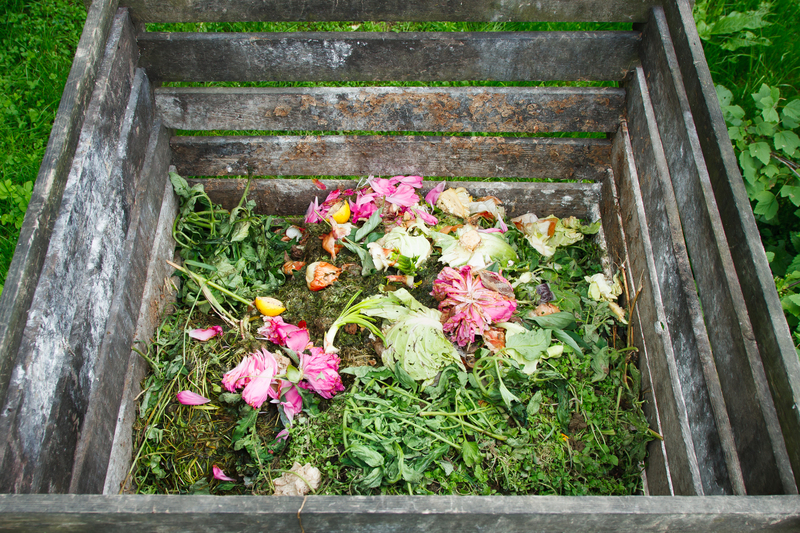Recycling Made Simple
Recycling is an essential practice for preserving the environment and creating a sustainable future. The concept is simple: convert waste materials into new products to prevent the consumption of fresh raw materials, reduce energy usage, and lower greenhouse gas emissions. Understanding and implementing basic recycling principles can make a significant impact on the environment. This guide will help you make recycling a straightforward and manageable part of your daily routine.
Understanding What Can Be Recycled
Not all materials are created equal, and knowing what can and cannot be recycled is crucial for efficient recycling. Common recyclable materials include:
1. Paper and Cardboard: Newspapers, magazines, and cardboard boxes.
2. Plastics: Bottles, containers, and certain packaging materials. Look for recycling symbols.
3. Glass: Bottles and jars can be endlessly recycled.
4. Metals: Aluminum cans, foil, and steel products.
Non-recyclables, like plastic bags, Styrofoam, and certain contaminated materials, should be disposed of properly or reused creatively.

How to Get Started with Recycling
Starting a recycling regimen doesn't have to be complicated. Here's a simple plan to get you going:
1. Get Informed: Research local recycling guidelines, as they can vary.
2. Set Up a System: Use separate bins for different materials to streamline the process.
3. Clean Items: Rinse out containers to avoid contamination.
4. Stay Consistent: Make recycling a regular, consistent habit.
Implementing Recycling at Home and Work
Recycling should become a part of both your home and work environments. At home, ensure that all household members are aware of what can be recycled and where to place items. In the workplace, encourage a recycling program by placing bins in communal areas and educating employees about recycling practices.
Creative Ways to Recycle
Beyond basic recycling, there are numerous creative ways to repurpose items and reduce waste:
1. Upcycling: Transforming waste materials into more valuable items. For instance, old furniture can be refurbished or repurposed.
2. DIY Projects: Using recyclable materials for art and crafts.
3. Composting: Organic waste like food scraps can be composted and used to enrich soil.
Recycling Technology and Innovations
Technology continues to enhance recycling efficiency. Innovations like advanced sorting technologies, chemical recycling processes, and biodegradable materials are paving the way for more effective waste management systems. Staying abreast of these advancements can help consumers and businesses alike contribute to a more sustainable future.
Pros and Cons of Recycling
Pros:
1. Environmental Benefits: Reduces landfill waste and conserves natural resources.
2. Energy Conservation: Less energy is required to recycle materials than to produce new ones.
3. Economic Benefits: Creates jobs in the recycling and manufacturing industries.
Cons:
1. Cost: The initial setup for recycling can be expensive.
2. Efficiency Issues: Not all recycled materials are processed efficiently.
3. Contamination: Improper sorting can lead to contamination, rendering recyclables useless.
Tips for Successful Recycling
1. Educate Yourself: Stay informed about what can be recycled in your area.
2. Reduce and Reuse: Before recycling, think of ways to reduce waste and reuse items.
3. Clean Recyclables: Ensure items are clean to avoid contamination.
4. Promote Awareness: Share your knowledge and encourage others to recycle.

Takeaways
1. Recycling is Crucial: It significantly impacts environmental conservation.
2. Know Your Materials: Only recycle approved materials to avoid contamination.
3. Consistency is Key: Regular and consistent recycling habits are essential.
4. Stay Updated: Keep up with new recycling technologies and practices.
Conclusion
Recycling made simple is about understanding, organizing, and maintaining consistent practices. By educating yourself about recyclable materials and implementing a system at home and work, you can make a significant positive impact on the environment. Remember, every small effort counts, and together, we can create a more sustainable future through effective recycling practices.

